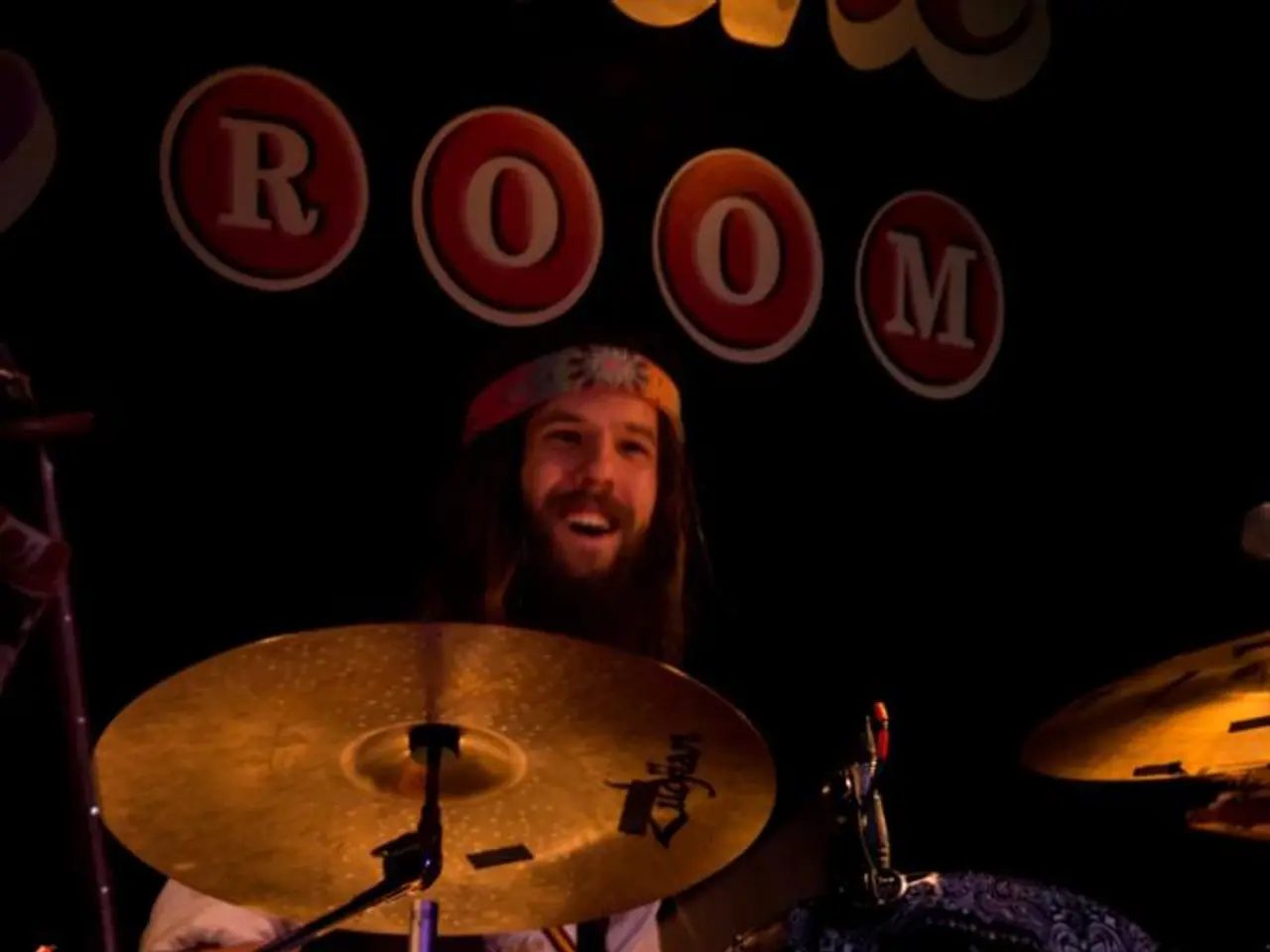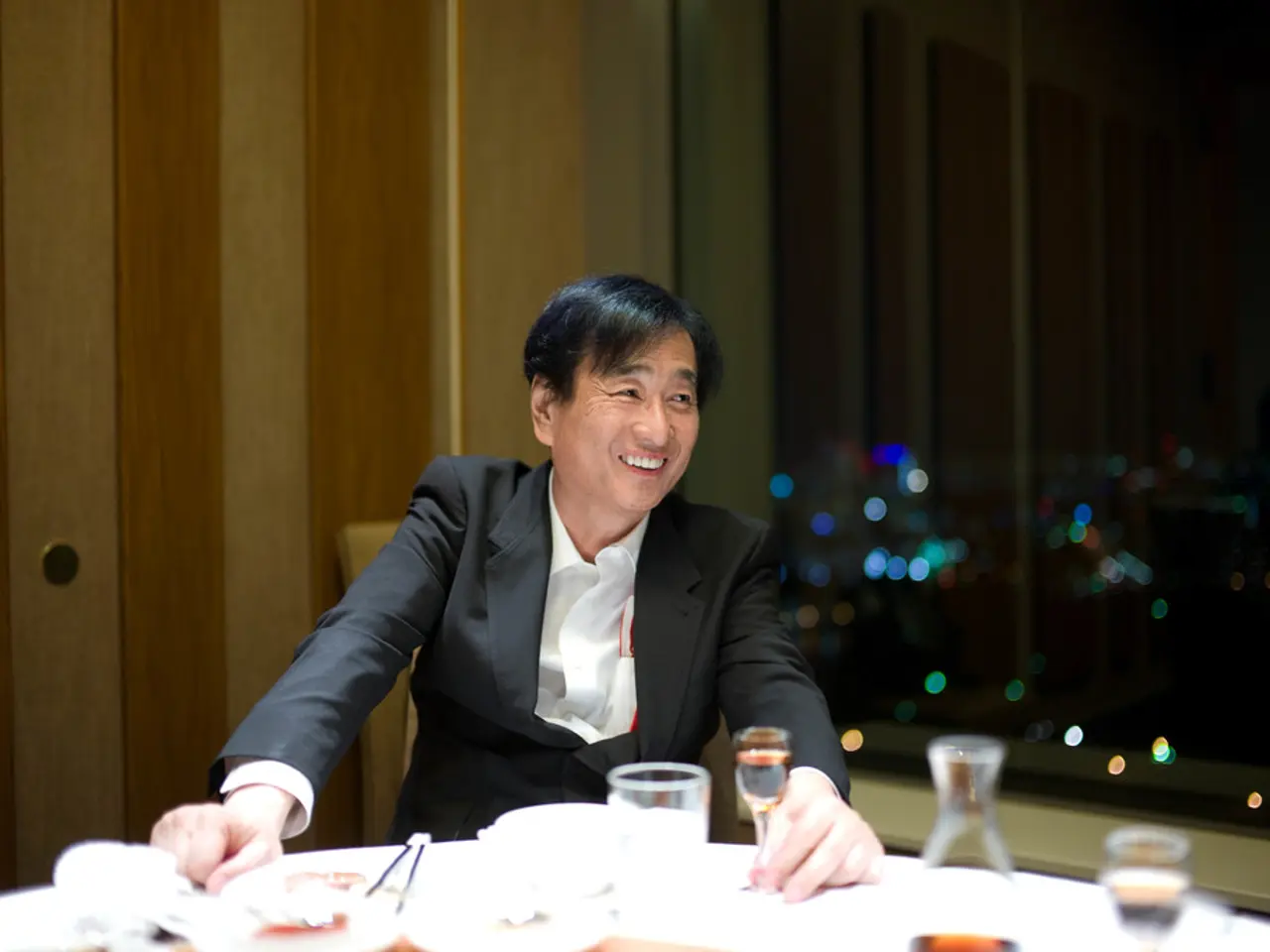Sound's fundamental element is silence
In the world of contemporary music, Japanese composer and sound artist Eiko Ishibashi stands out for her unique approach to silence as a musical element. Her work, which has been described as a deep exploration of sound and silence as opposing yet complementary forces, has stirred deeply emotional responses, most notably with her composition "Evil Does Not Exist."
Born into a family where no one was a musician, Ishibashi's father's love for films would eventually inspire her artistic journey. Growing up, Ishibashi's dark worldview shaped her life, but it's not exactly the same now. Her breakthrough as a musician came with the release of her album "Antigone" on Drag City, a project that delves into the impacts of a world with severe social-economic, environmental, and security imbalances.
Ishibashi's philosophy behind using silence as a musical element emphasizes the importance of absence and space as integral parts of the sonic experience. While specific detailed statements from Ishibashi are scarce, her work's connection to musique concrète and electroacoustic practices suggests a deliberate use of silence to create tension, atmosphere, and mindfulness within her music.
In "Antigone," Ishibashi collaborated with a diverse group of musicians, including Jim O'Rourke, Tatsuhisa Yamamoto, Marty Holoubek, Kalle Moberg, ermhoi, Joe Talia, and Jim O'Rourke. The album's music often features subtle dark motifs that become more apparent with repeated listening, incorporating elements of jazz, noise, musique concrète, chamber music, and pop.
Ishibashi's compositions have been used in the films of Ryûsuke Hamaguchi, including the triple Oscar-winning "Drive My Car." Currently, she is presenting "Gift" live and introducing her new album "Antigone." The title "Antigone" was chosen as a metaphor to connect political conflicts with personal experiences.
Interestingly, Ishibashi believes that silence is more important than music in film composing. This approach can be seen as an embrace of silence as a dynamic and meaningful presence, offering space for reflection, emotional resonance, and the subtle interplay between sound and its absence.
Despite her growing international acclaim, "Antigone" is not expected to be widely heard in Japan due to Ishibashi's lack of fame there. However, her latest move to the countryside of Yamanashi, west of Tokyo, allows her to continue her exploratory work in a local dentist-turned-amateur musician's studio.
Recently, Ishibashi was deeply moved by the film "The Beast" by Bertrand Bonello. As she continues to create and collaborate, Ishibashi's music will undoubtedly continue to challenge and inspire listeners around the world.
Ishibashi's collaboration with a diverse group of musicians in her album "Antigone" resulted in a blend of various music genres, including jazz, noise, musique concrète, chamber music, and pop, thus delving into the realm of eclectic entertainment. Furthermore, Ishibashi's unique approach to embracing silence over music in film composing has captivated many, transforming the absence of sound into an expressive form of music.






